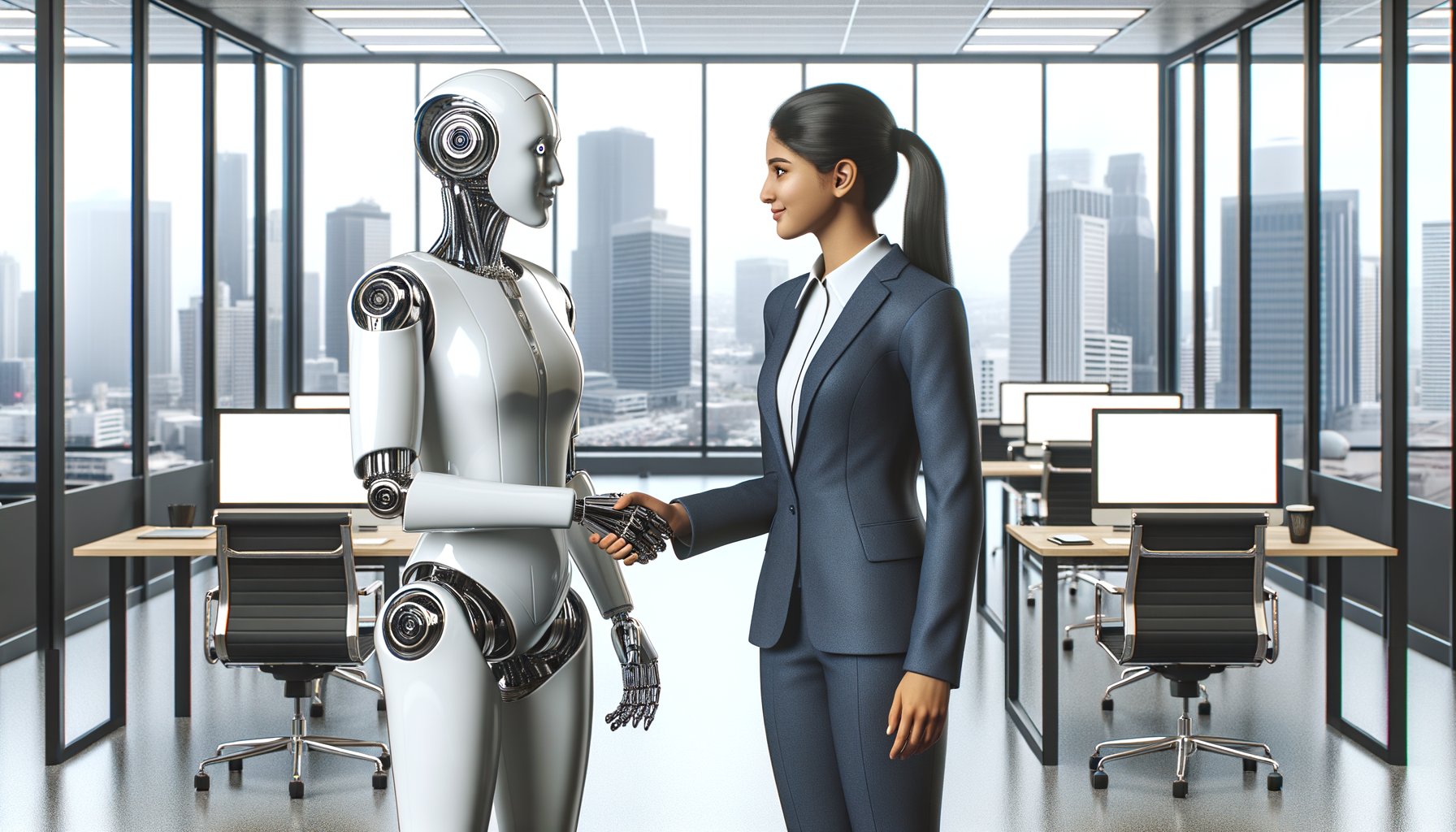
How Hollywood’s Latest Agreement Could Shape the Future of AI and Labor Movements
In recent years, artificial intelligence (AI) has begun to make its mark in various industries, including entertainment. The rapid advancement of AI technologies has raised concerns about job security and the need for new agreements to protect workers’ rights. Hollywood actors, studios, and streaming services have recently brokered an agreement that, while not without its imperfections, could pave the way for how labor movements address the challenges and opportunities presented by AI. In this blog post, we’ll explore the implications of this agreement and how it might influence future labor negotiations.
Understanding the Hollywood Agreement
The entertainment industry has been at the forefront of adopting AI, from visual effects and animation to scriptwriting and even casting. This has prompted actors and other industry professionals to seek new terms that ensure fair compensation and job security in the face of technological disruption. The latest agreement between Hollywood actors, represented by their unions, and studios and streamers aims to address these concerns.
While the specifics of the agreement have not been made public, it is understood that it includes provisions for residuals, the payments actors receive when their work is reused or distributed on new platforms, and recognition of the changing landscape of content production and distribution.
The Role of AI in the Entertainment Industry
AI is transforming the entertainment industry in profound ways. For example, AI algorithms can now generate realistic deepfake videos, potentially reducing the need for physical actors. Similarly, AI can assist in writing scripts or creating music, challenging traditional roles in content creation.
Despite these advancements, AI also opens up new opportunities for creatives. For instance, it can enhance the filmmaking process, create more engaging special effects, and even help discover fresh talent. The challenge for industry professionals is to adapt to these changes while ensuring their contributions are valued and compensated fairly.
Setting a Precedent for Other Industries
The agreement between Hollywood actors, studios, and streamers is significant because it acknowledges the impact of AI on jobs and sets a precedent for other industries. As AI technology continues to evolve, sectors like manufacturing, healthcare, and finance may look to the entertainment industry’s example when negotiating their own labor agreements.
The key takeaway from Hollywood’s approach is the importance of proactive dialogue between labor and management. By addressing AI-related issues early on, both parties can work towards solutions that benefit everyone involved.
Lessons for Future Labor Movements
Future labor movements can learn from Hollywood’s agreement in several ways:
- Adaptability: Workers must be willing to adapt to new technologies and acquire new skills that complement AI.
- Collaboration: Unions and employers should collaborate to understand how AI can be used to enhance, rather than replace, human labor.
- Forward-thinking: Agreements should anticipate future technological developments and include provisions that can evolve with the technology.
- Protection: Workers’ rights, including fair compensation and job security, must be safeguarded in the age of AI.
As AI continues to shape the future of work, it is essential that labor movements and employers come together to create frameworks that support innovation while protecting the workforce.
Conclusion
The recent agreement between Hollywood actors, studios, and streamers is a step in the right direction for managing the impact of AI on labor. It serves as a potential blueprint for other industries grappling with similar issues. By balancing the need for innovation with the protection of workers’ rights, the entertainment industry may well be setting the stage for a new era of labor agreements in the age of artificial intelligence.
For those interested in learning more about the intersection of AI and labor, there are several books available that delve into this topic. Be sure to check out titles such as “AI Superpowers: China, Silicon Valley, and the New World Order” by Kai-Fu Lee or “Humans Need Not Apply: A Guide to Wealth and Work in the Age of Artificial Intelligence” by Jerry Kaplan. You can find these and other related books on Amazon.
As we continue to navigate the complexities of AI and its impact on the workforce, it’s crucial to stay informed and engaged in the conversation. Only through collaboration and foresight can we ensure a future where technology enhances our work and lives, rather than undermining them.